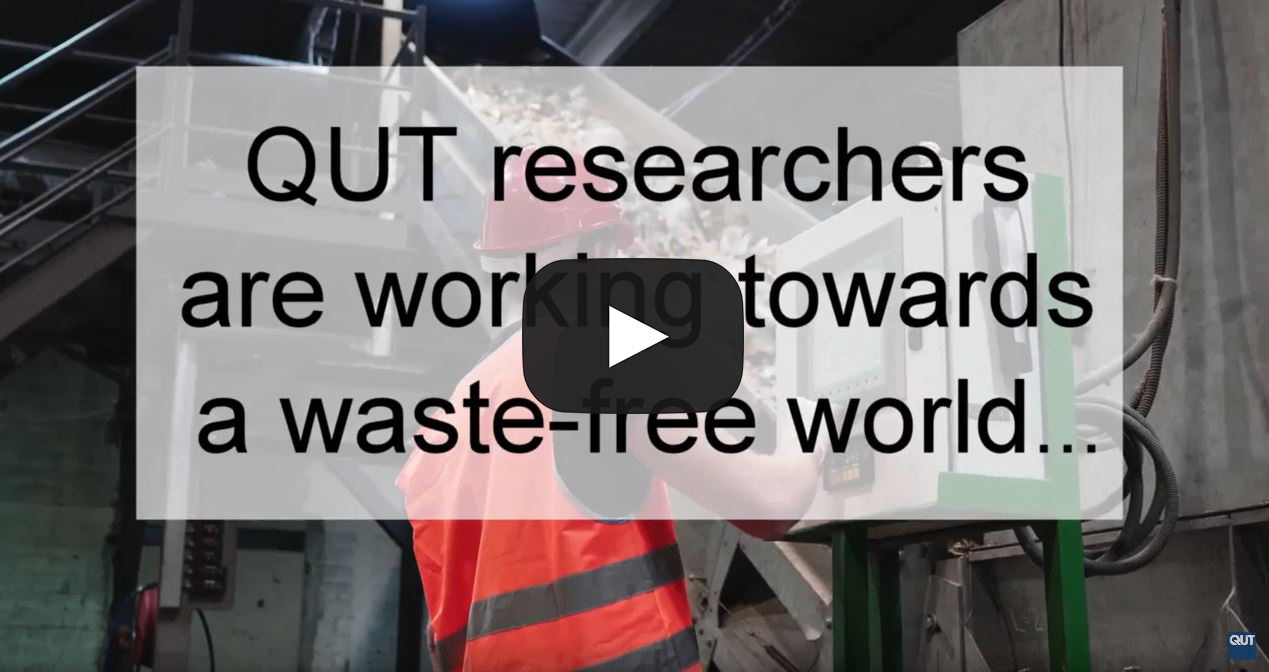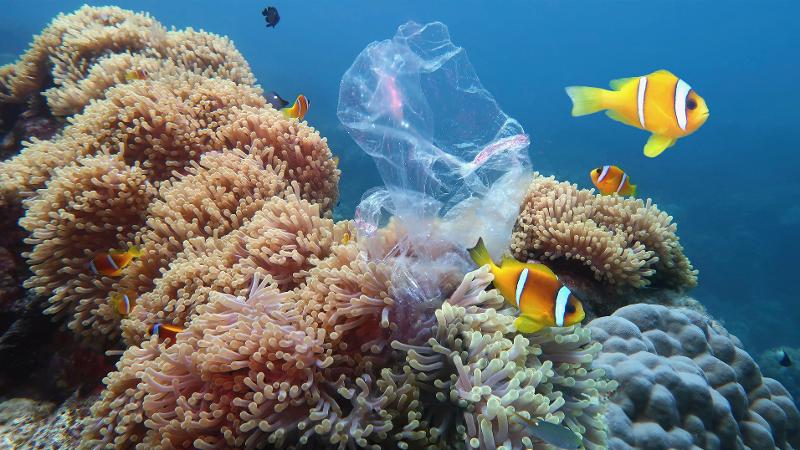
Imagine using an app to track your plastic use; or robotic bins sorting your rubbish; or an invention able to separate polyester and cotton for recycling. All are close to reality under a QUT Waste-Free World project.
With the average Australian household generating around of 1.5 tonnes of domestic waste a year, a world without waste is the ambitious aim of the project in the spotlight for #QUTGivingDay which begins on Wednesday 15 May.
It calls for a radical shift in our approach to waste and looks at how to find new value for plastic and textile waste using technical innovation, education and community engagement to better sort, separate and repurpose it.
Dr Alice Payne, a fashion lecturer with QUT’s Creative Industries faculty who champions the end of ‘fast fashion’, leads the Waste-Free World project which brings together academics through QUT’s Institute for Future Environments.
“Plastic and textile waste represent an enormous component of the waste generated by Australians and we can do much better with the aid of technology and innovative thinking,” Dr Payne (below right) said.
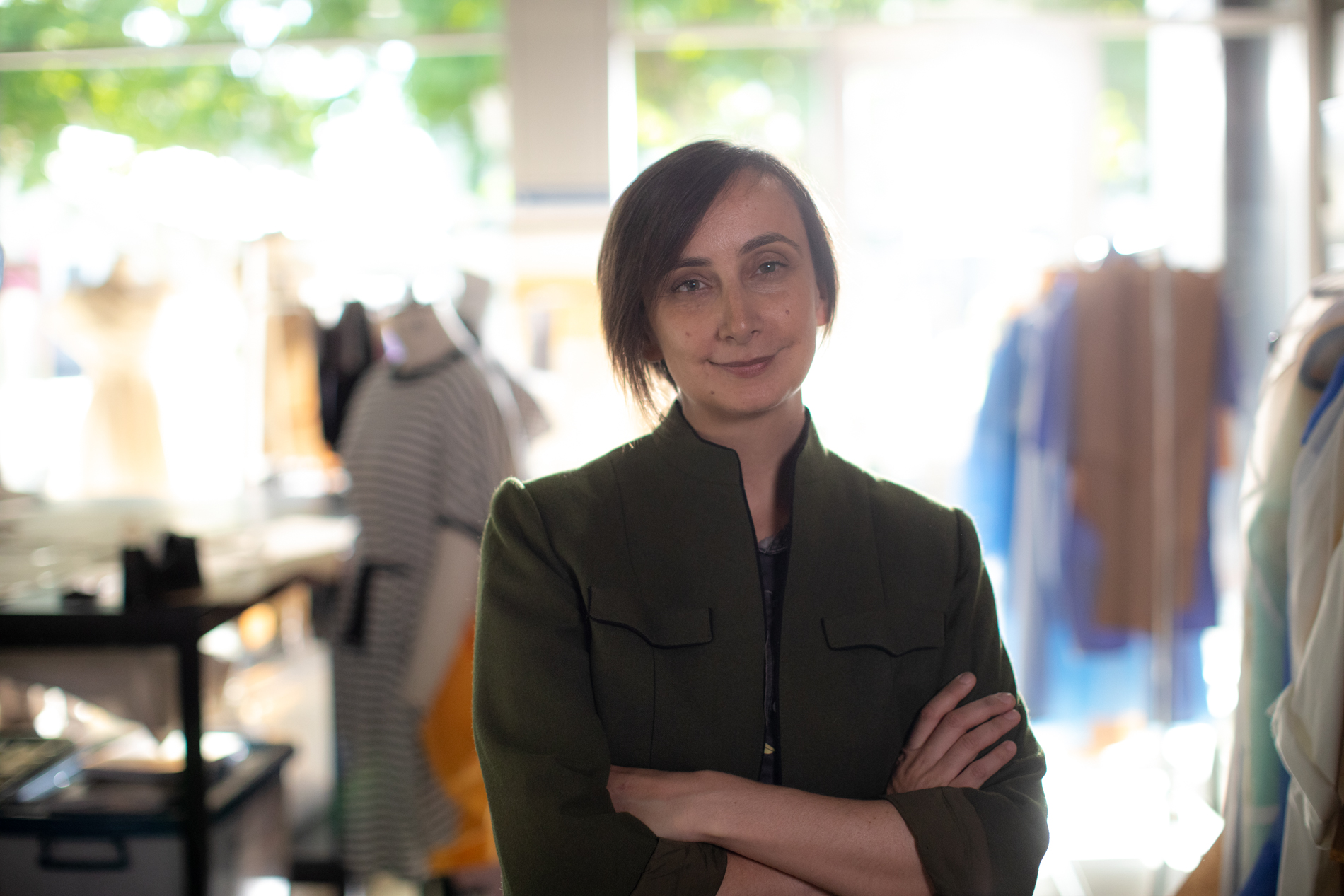 “A report released this week from the UN-backed Intergovernmental Science-Policy Platform on Biodiversity and Ecosystem Services stated up to one million plant and animal species face extinction, many within decades, because of human activities. Plastic waste in particular was identified as a major contributor to this.
“A report released this week from the UN-backed Intergovernmental Science-Policy Platform on Biodiversity and Ecosystem Services stated up to one million plant and animal species face extinction, many within decades, because of human activities. Plastic waste in particular was identified as a major contributor to this.
“Sorting of waste is often treated at the end stage of product cycle at centralised waste recycling facilities. At QUT, researchers are developing robotic bin technology to decentralise the waste sorting problem by combining intelligent optoelectronic sensors, robotics and machine learning.
“In a project headed up by QUT robotics expert Dr Ajay Pandey, the unique fingerprint of routine objects - paper, plastics, glass, metals and even textiles - is being identified so that it can be sorted in designated categories for efficient recycling.
“His team are also looking into incorporating user behaviour and local waste disposal guidelines. Although developed for the household level, this robotic bin technology could also make recycling more efficient and responsible at industrial scale.”
Another Waste-Free World project is being developed by Dr Manuela Taboada from QUT’s School of Design - the ‘Designing out Plastic’ app which will soon be ready for trials.
“The app will help people set goals to reduce plastic waste as well as track their use of items like coffee cups, cutlery, drink bottles, shopping bags, straws, packaging, disposable razors and more,” she said.
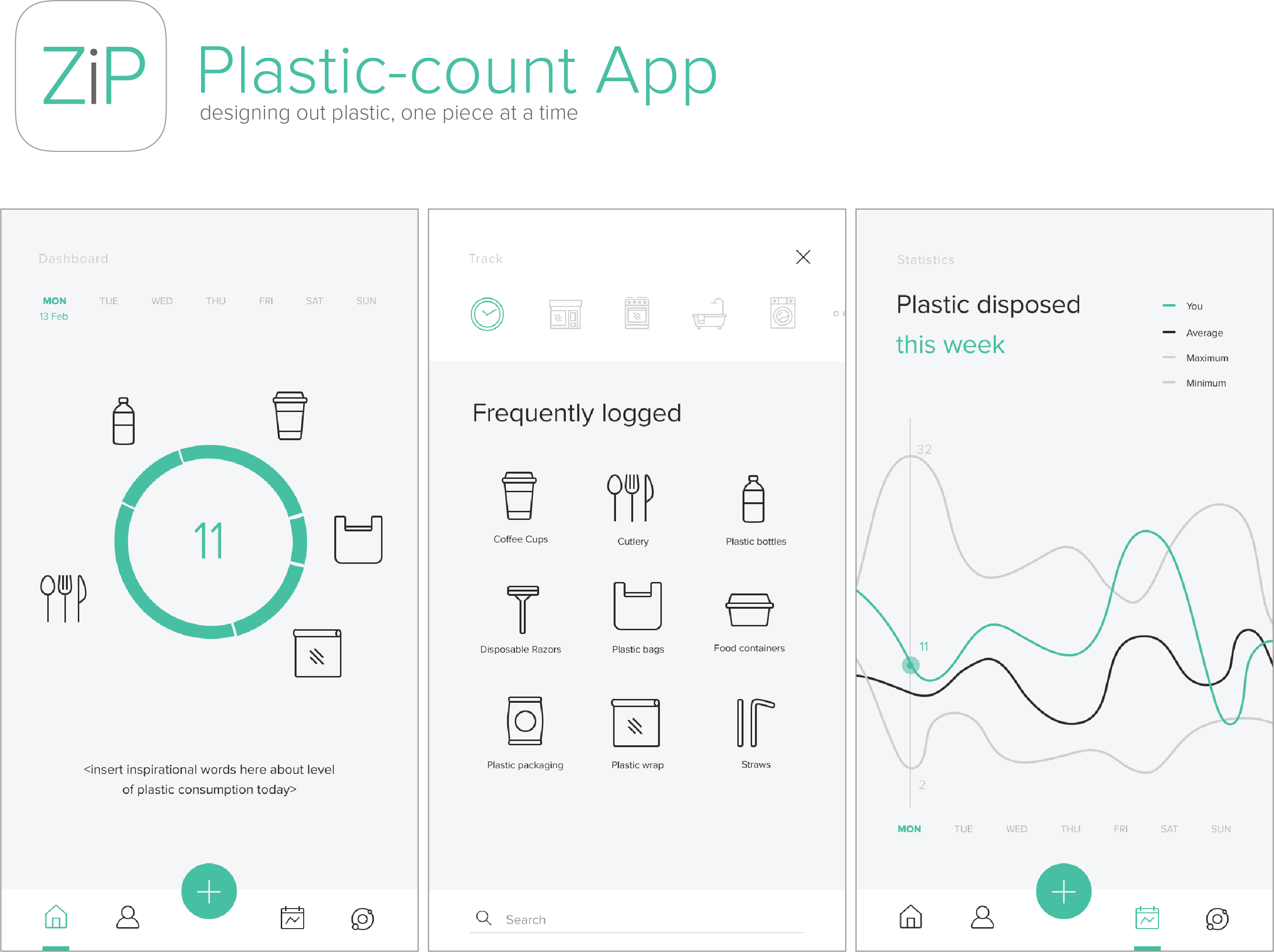
“By keeping such real time track of their habits, consumers will be able to change their behaviour accordingly and help make our world a cleaner place.”
Dr Payne’s own work focuses promoting the circular economy in fashion through finding new value for textile waste.
“Textile waste accounts for 3-4% of landfill, and far more is exported overseas, while charities struggle to cope with increasing volumes of poor-quality donations,” she said.
“We are identifying and testing solutions to effectively reuse, recycle and find new value for textile waste. Through better understanding of how people care for, dispose and recycle their clothes, we seek to prevent and reduce this waste.”
Dr Payne said one of the most exciting developments is a QUT collaboration with BlockTexx which has created world-first technology to separate cotton and polyester.
“Recovering the raw materials from unwanted garments opens up a huge range of options to recycle fabrics into products such as chairs, food containers, toothpaste, cosmetics, clothes, playground equipment, paint thickeners and much more,” said Associate Professor Robert Speight, QUT’s collaboration lead from the Institute for Future Environments Bio-economy team.
“Textile separation and resource recovery at commercial scale will become a reality in 2019, with BlockTexx planning to have their first plant up and running later this year,” he said.
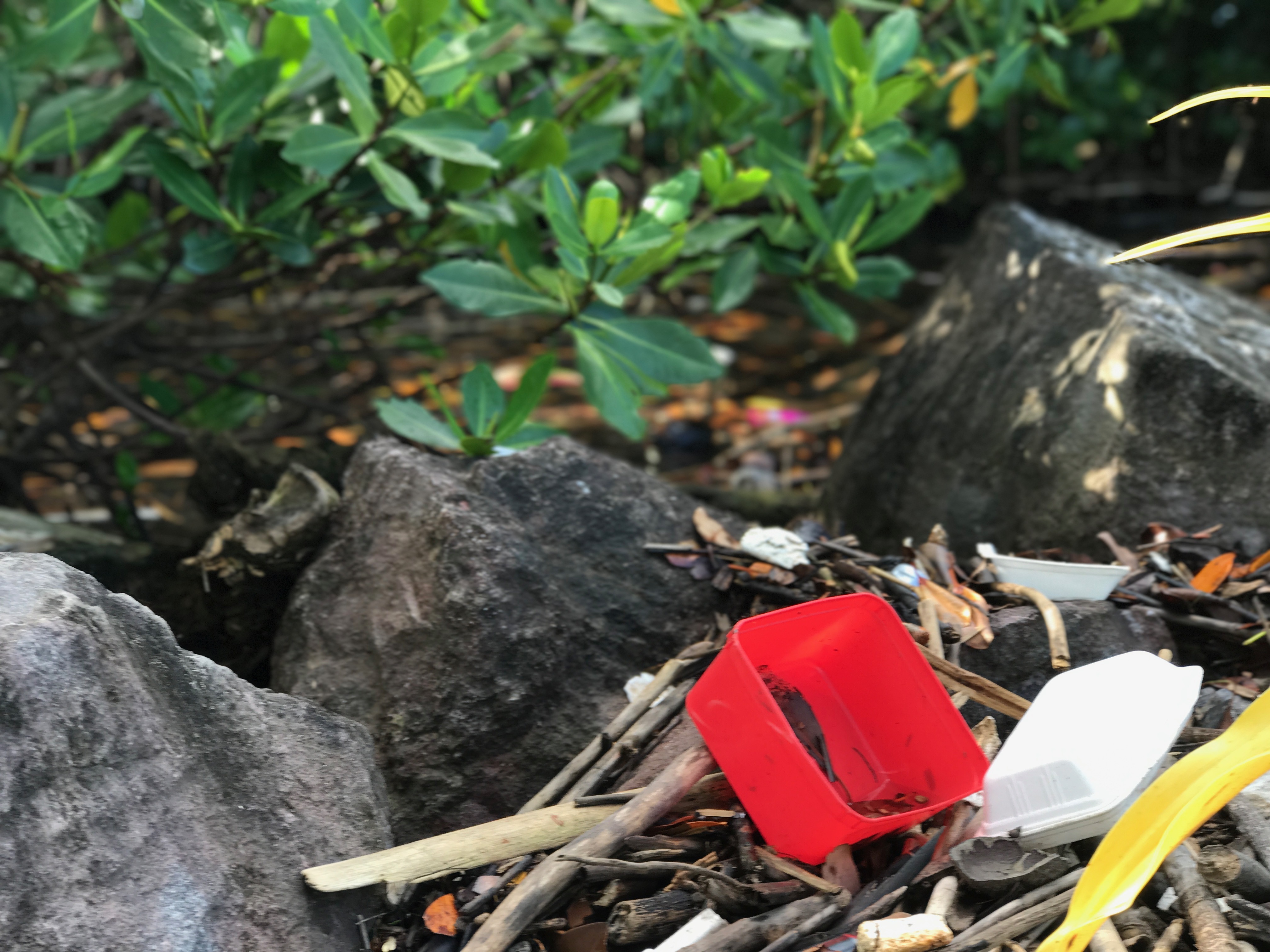 The second annual #QUTGivingDay invites students, staff and alumni to support QUT programs, projects and research. This year it celebrates QUT’s 30th anniversary, it is being held over 30 hours on May 15 and 16 with a goal of 2000 donors.
The second annual #QUTGivingDay invites students, staff and alumni to support QUT programs, projects and research. This year it celebrates QUT’s 30th anniversary, it is being held over 30 hours on May 15 and 16 with a goal of 2000 donors.
Donations to the Waste-Free World project will contribute to research around ethical clothing and sustainability practices, and help find solutions to manage the vast amounts of waste around the world.
Other projects looking for donations include helping to saving the bare-nosed wombat, QUT’s Learning Potential Fund Scholarship program, cancer research, sustainable and nutritious food, better breast screening, preventing childhood hunger in Australia, remote teaching and aiding pregnant women in Vietnam. Find out more on the QUT Giving Day website: https://qutgivingday.com/
Media contact:
Amanda Weaver, QUT Media, 07 3138 3151, amanda.weaver@qut.edu.au
After hours: Rose Trapnell, 0407 585 901, media@qut.edu.au
